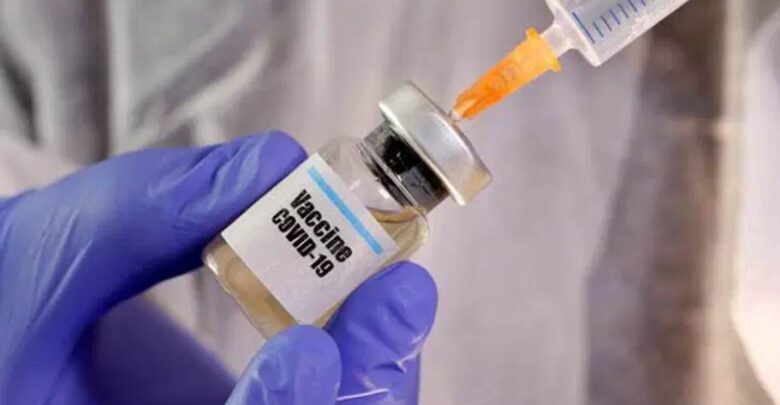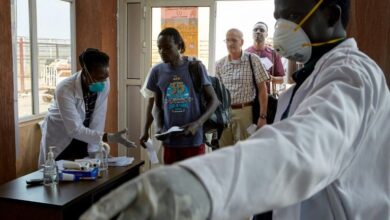
The World Health Organization (WHO) on Thursday said it wants to secure an initial 230 million doses of any COVID-19 vaccine for Africa to help various African countries stay at par with other countries in the fight against the virus, reported Reuters.
The WHO officials said the initial batch of vaccine doses will be directed towards health workers leading the continent’s fight against COVID-19.
“This … (initial batch) will cover 20 percent of the African population, initially prioritizing those who are at the frontline, health care workers, then expanding to cover vulnerable groups,” Richard Mihigo, the programme area manager for WHO Africa, said during an online news conference.
The global vaccine plan of the COVID-19 Vaccine Global Access Facility (COVAX Facility) aims to help buy, fairly distribute and deliver 2 billion doses of approved coronavirus vaccines by the end of 2021. The COVAX scheme is co-led by GAVI, the WHO and the Coalition for Epidemic Preparedness Innovations (CEPI)
It currently has nine Covid-19 vaccine candidates covering a range of different technologies and scientific approaches. Some of the vaccines are already in late-stage clinical trials and could have data available by year-end.
Richard Hatchett, the Chief Executive Officer of the Coalition for Epidemic Preparedness Innovations (CEPI), said that only 2 of the potential Covid-19 vaccines are being tested in Africa. He advocated that any vaccine in development should also be tested on the continent.
“Testing vaccines on the continent ensures that sufficient data is generated on the safety and efficacy of the most promising vaccine candidates for the African population so they can be confidently rolled out in Africa,” Hatchett said.
According to the Africa Centres for Disease Control and Prevention, the number of COVID-19 infections in Africa crossed 1,267,656 by Thursday. The continent has reported 30,294 fatalities as some countries continue to see a steady increase in infections.






